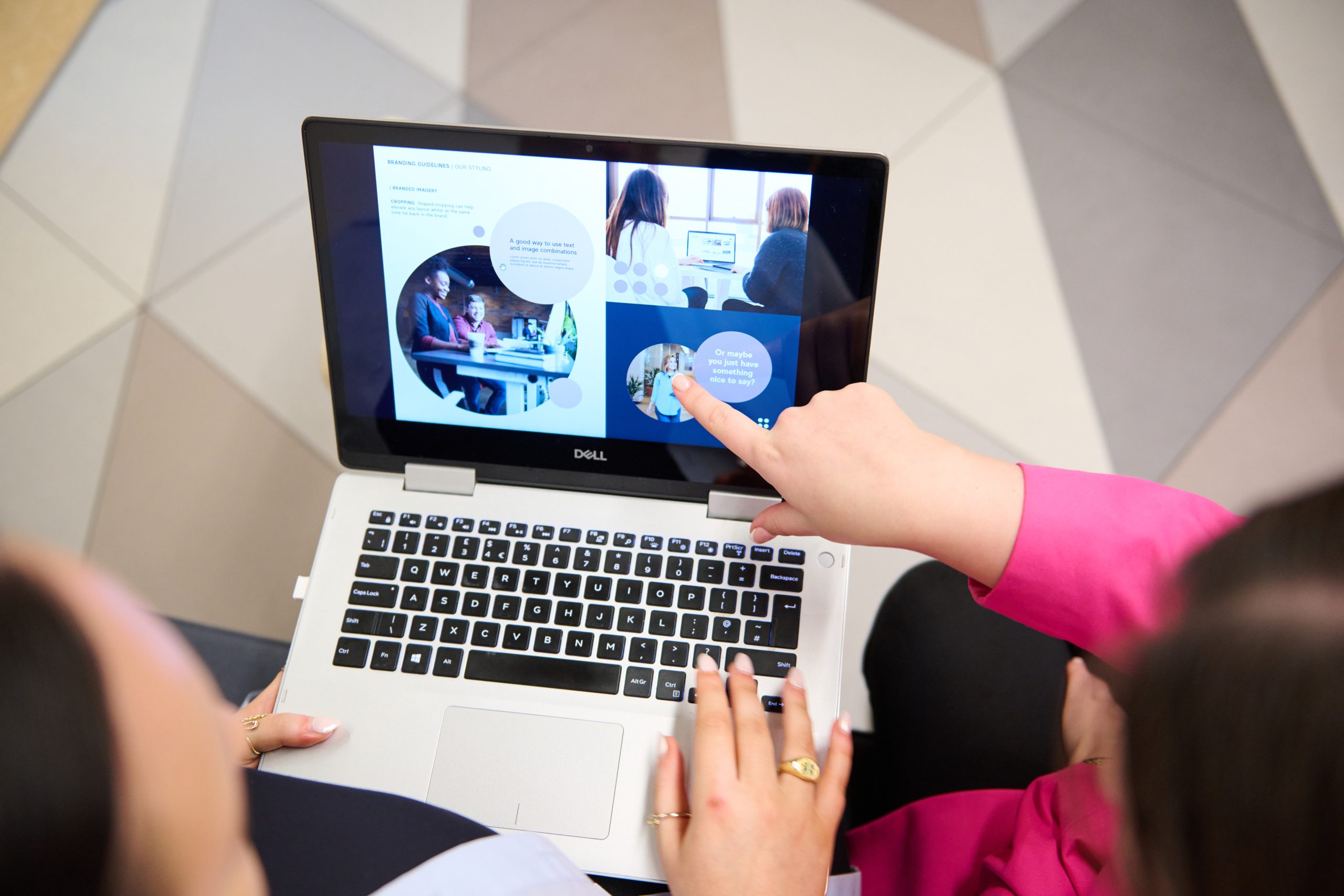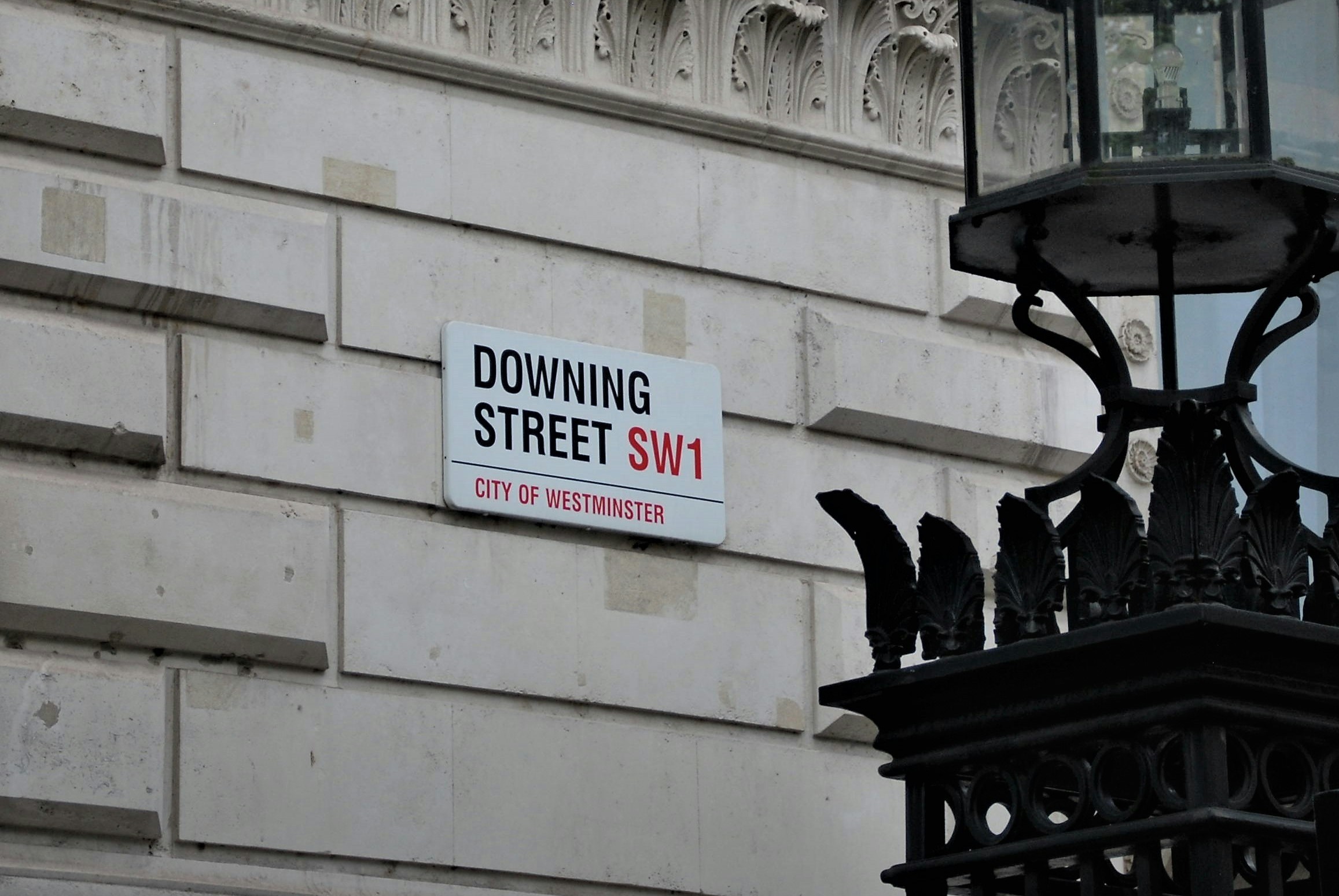ARTICLE
Joining the general election conversation – PR top tips
Joining the election debate or moment can seem daunting, and I would say it’s often not for the timid.
BUT, what I will say is that politics impacts everyone – businesses, individuals, from all circumstances, so you do have a right to say your bit should you want to.
At Pearl Comms, we support businesses and individual experts to join these conversations and here’s some of our top tips on how you can get involved.
- Firstly, feel free to use an umbrella if you’re doing a statement in the pouring rain, just take care of the wind.
Sorry, just had to get that one off our chest straight away.
There are often three bites of the cherry – at least – when joining the general election conversation:
1 – in the run up
2 – on the day
3 – when policies are firmed up and start to be implemented
How to get involved does vary but here is an easy guide and some tips:
In the run up
In the lead up to the election, there are often policies and manifestos that are proactively announced or leaked, much of which is filled with suitable mudslinging from each political side about what they believe will and won’t work for the nation. In most cases, we tend to advise our clients not to comment on specific announcements in the lead up to an election that may or may not get put into action on appointment. There is little point wasting time and resource on commenting on something that simply might not even be a problem. Also conjuring up panic for your clients isn’t going to be helpful either. Instead, focus on what you want the next political party to do and achieve.
Here you can be specific, you can showcase your knowledge of your industry, while championing your clients and their interests without falling on either side of the political fence if you don’t want to (although we appreciate this is getting harder).
A good way of doing this is a ‘wish list’ style commentary. This can be divisible by sector or geography to ensure your comments are really relevant and authentic. This can also be planned in advance and seeded to your media and audiences well ahead of election day.
Some people are more comfortable with providing really strong political views and this can be helpful to cut through all the commentary out there. Strength of opinion always helps garner more interest, but you don’t have to in order to join the conversation. Be sure to check with your employer’s policy on this too – overly politicised commentary is not always welcome in some organisations.
On the day
I’d always recommend weighing up whether on the day commentary is worth it. It’s often competitive with everyone wanting their say. Also, from a media perspective, they don’t always want to hear from every type of business – they’re often wanting business case studies that are willing to share their stories, often if impacted negatively, or they want to hear from business advisers, economists, thinktanks and associations. If you choose to join the conversation on the day, the media may not be the right place for you, but preparing short reactive commentary can work on your own personal social media channels, website, mailers and / or blogs.
Post-election
This is where you can really get stuck in. Following the general election and when policies are firmly introduced, we recommend commenting and joining conversations that are as factually accurate as possible. By this we mean, policies that we are fairly confident are going to come into play or those that have already been confirmed. From here, you can easily see which changes are going to impact your clients the most, and which ones you can help provide a solution to.
Your communications can take many forms, but here are a few:
- Reactive commentary on individual policies – this is quick, confident and punchy commentary on what it’s likely to mean to your customers or business.
- Thought leadership – where your opinion can go more in-depth and your advice can be thorough and lengthy. These can be placed in your top tier media outlets too – positioning you and your organisation as a voice of authority to your target market. They’re slightly less time sensitive, so gives experts a little bit more time to form a strong opinion.
- Your owned channels – it can also be used on your website to drive traffic and keep your owned channels up to date with relevant and topical content, or perhaps your mailers and outreach channels.
Following the general election announcement, the unravelling of the policies and announcements that follow such a big political moment, provides opportunities to dig through the details to find something really important, but perhaps not a headline grabber that would have had widespread attention. It is often these bits that provide your clients with the most support. These bits should also be a focus of your communications.
Providing business advice on a widespread policy change, and being able to cut through the noise can help you to navigate your clients through times of change, while giving you a reason to reach out to your prospects once again.
Some advice on joining the conversation:
Have an opinion – this doesn’t mean being outspoken for the sake of it, and this also doesn’t mean you have to fall on one side of the fence or the other. And importantly, it doesn’t mean that you need to know about every little bit of every policy or update that’s being trailed, leaked or released. It does mean that you should be well read, have a thorough understanding of the area you want to comment on, and keep it authentic. If you’re a little too worried, try out some media training that is designed to arm you with the confidence to say what you really think but in a way that’s meaningful and considered.
For more on how we can help you join conversations with confidence, get in touch:
Email me- alia@pearl-comms.com
Visit our website: https://www.pearl-comms.com/
Call us: +44 (0)808 271 0417
Sign up to our newsletter for more insights: https://www.pearl-comms.com/newsletter/
Looking for more?
Sign up to our “Pearls of Wisdom” newsletter here.











